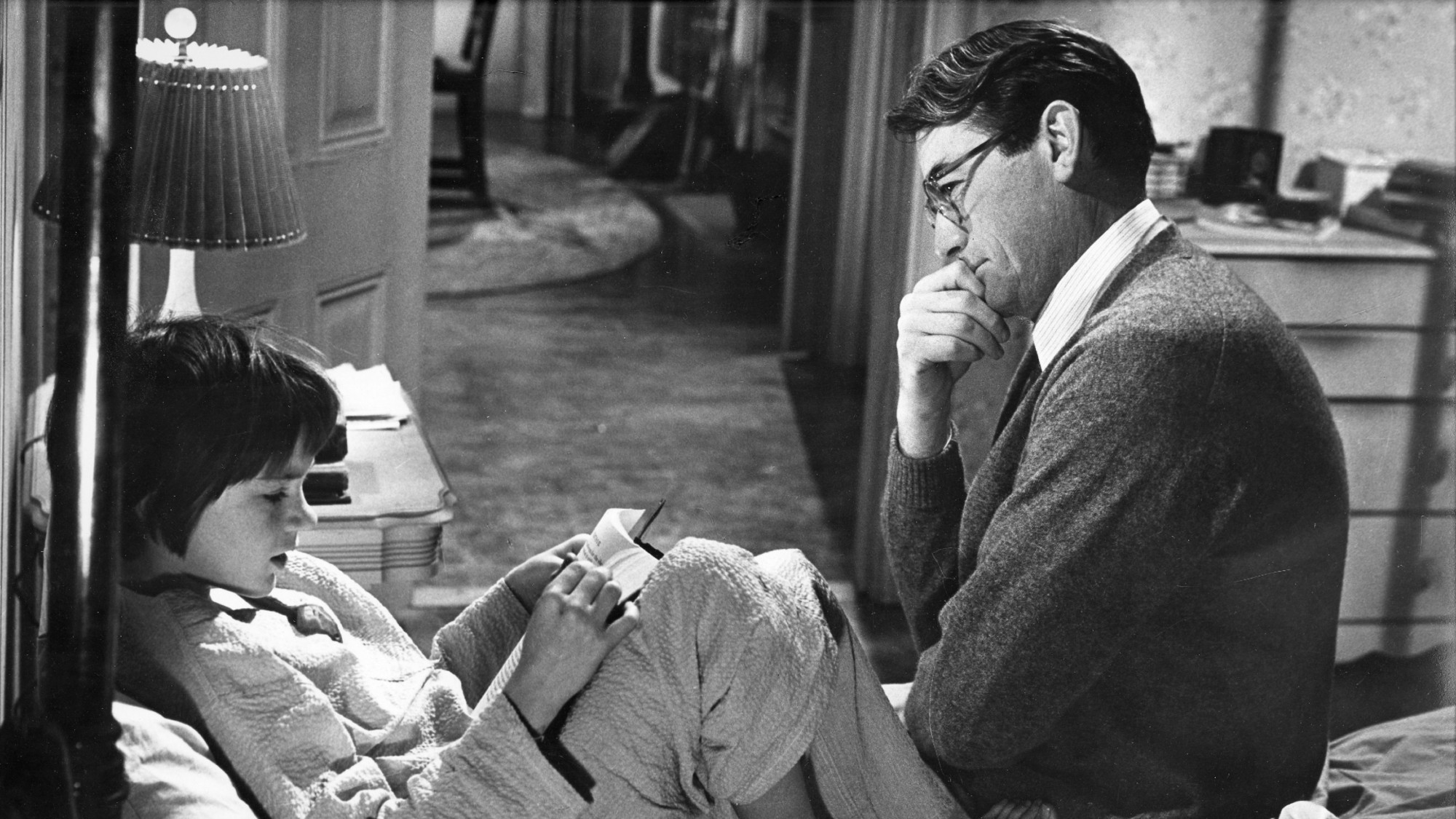Cinematic Masterpieces: Films That Outshine Their Literary Origins
Some films don’t just adapt books—they transcend them. From Stanley Kubrick’s psychological horror in The Shining to Francis Ford Coppola’s epic Apocalypse Now, certain cinematic works elevate their source material, offering richer visuals, deeper emotional impact, or sharper storytelling. Here, we explore four films that surpassed their literary origins, captivating audiences and critics alike.
1. The Shining (1980): A Haunting Vision Beyond the Page
Stephen King’s 1977 novel The Shining is a masterpiece of horror, but Stanley Kubrick’s film adaptation redefined the genre. While King famously criticized Kubrick’s deviations, the director’s icy cinematography, unsettling score, and Jack Nicholson’s unhinged performance created an enduring cultural landmark. The film’s ambiguity—particularly its ending—sparked debates for decades.
“Kubrick took King’s supernatural thriller and turned it into a clinical study of isolation and madness,” says Dr. Laura Mercer, film historian. “The movie’s visuals—the labyrinth, the blood elevator—are seared into collective memory far more than the book’s descriptions.”
Key improvements:
- Visual symbolism: Kubrick’s use of symmetry and color (e.g., the eerie carpet pattern) added layers of meaning.
- Pacing: The film’s slow burn amplifies tension, whereas the novel relies more on internal monologues.
- Iconic performances: Nicholson’s “Here’s Johnny!” eclipsed the book’s portrayal of Jack Torrance.
2. Apocalypse Now (1979): A Surreal Descent Into Madness
Loosely based on Joseph Conrad’s Heart of Darkness, Coppola’s Vietnam War epic expanded the novella’s colonial critique into a hallucinatory commentary on war itself. The film’s visceral imagery—napalm sunsets, a drugged-out Martin Sheen—and improvised scenes (e.g., Brando’s Kurtz monologues) created a mythic quality.
Box office data shows the film earned $150 million globally (against a $31 million budget), but its true impact was cultural. The phrase “I love the smell of napalm in the morning” entered the lexicon, and critics praised its audacity.
“Coppola didn’t just adapt Conrad; he weaponized his themes for a new era,” argues veteran critic Mark Dillon. “The book’s ambiguity about evil became a full-blown cinematic fever dream.”
3. Fight Club (1999): A Sharper Satire Than the Novel
Chuck Palahniuk’s 1996 novel was a cult hit, but David Fincher’s film sharpened its critique of consumerism and masculinity. The movie’s twist ending—enhanced by seamless editing and Brad Pitt’s charisma—landed harder than the book’s reveal. Fincher also trimmed the novel’s excesses, focusing on the narrator’s psychological unraveling.
Notably, the film’s nihilistic slogans (“You are not your job”) resonated with Gen X audiences, spawning think pieces and academic analyses. Palahniuk himself admitted the film improved his ending.
4. The Godfather (1972): A Saga That Defined a Genre
Mario Puzo’s 1969 novel was a bestseller, but Coppola’s The Godfather elevated it into a cinematic landmark. The film’s operatic tone, Nino Rota’s score, and Marlon Brando’s Vito Corleone turned a pulpy crime story into a Shakespearean tragedy. It won three Oscars, including Best Picture, and spawned two sequels.
Key enhancements:
- Character depth: Al Pacino’s Michael Corleone arc is more nuanced than the book’s.
- Visual storytelling: The baptism montage juxtaposing violence and ritual is absent in the novel.
- Cultural impact: Phrases like “I’ll make him an offer he can’t refuse” became iconic.
Why Some Films Surpass Their Source Material
Experts point to several factors that help films outshine books:
- Visual and auditory elements: Music, cinematography, and acting can deepen emotional impact.
- Editing: Films often streamline bloated plots or clarify themes.
- Collaboration: Directors, writers, and actors bring diverse perspectives to the material.
The Future of Literary Adaptations
As streaming platforms invest in book adaptations (Bridgerton, The Sandman), filmmakers face higher expectations. The success of Dune (2021) proves audiences still crave ambitious reinterpretations. For aspiring adapters, the lesson is clear: respect the source, but don’t be bound by it.
Call to action: Which film do you think surpassed its book? Share your pick with us on social media using #BetterThanTheBook.
See more CNET Live

